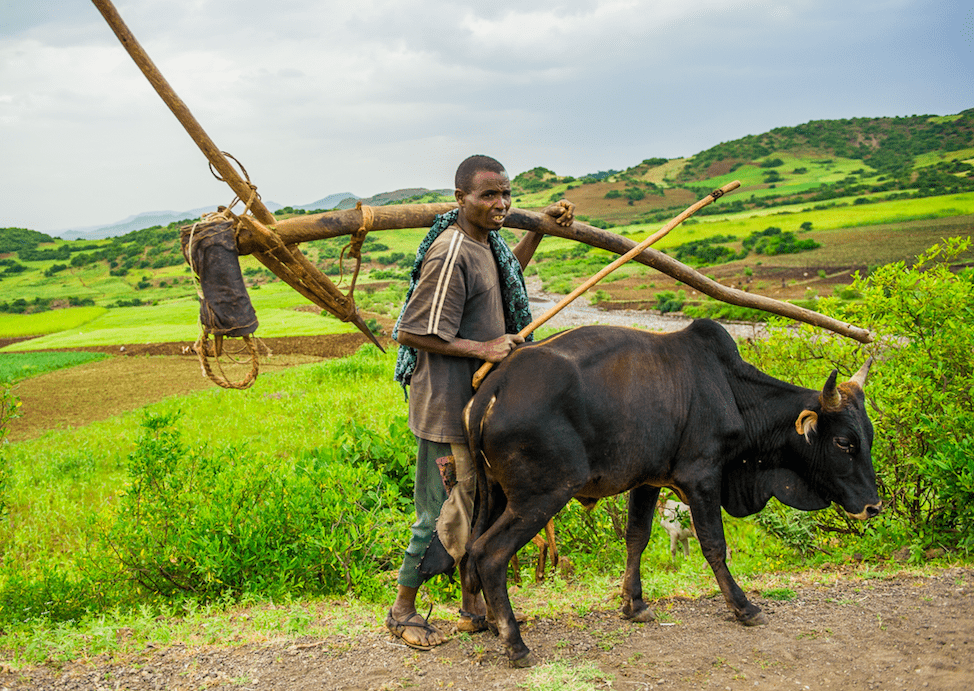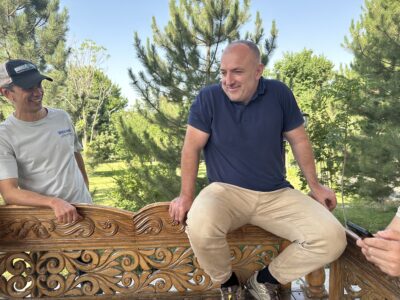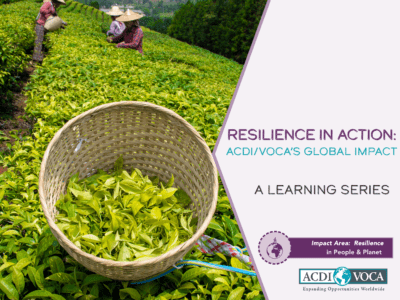
Almost six month ago, amid growing concerns of the impact of COVID-19, an armed conflict erupted between Ethiopian federal government troops and Tigray-led forces. Ethiopia was already facing a fierce food crisis exacerbated by the COVID-19 pandemic. The armed conflict in Tigray and pandemic have only made the challenges around food security in the Horn of Africa significantly more demanding and intricate.
According to the United Nations World Food Programme’s 2021 Global Report on Food Crises, Ethiopia is fighting the seventh worst food crisis of 2020. Without accounting for the impact of the armed conflict (the impact will be calculated once the conflict is over), 8.6 million people live under the food crisis threshold, and 1.4 million of those live in a state of food emergency. A main driver of global food crises this year is, of course, conflict and insecurity. Despite COVID-19-related movement restrictions, 2.2 million Ethiopians have fled their homes in response to the conflict in Tigray, according to local officials. This conflict, which now has vaulted over international borders, is having a massive humanitarian impact in the northern region. Access to essential services, food, water, medicines, humanitarian aid, and cash remains disrupted.
Amid this crisis, in April, the third and final phase of the Feed Enhancement for Ethiopian Development (FEED) project, funded by the U.S. Department of Agriculture (USDA) and implemented by ACDI/VOCA, came to an end after 12 years of implementation. The FEED projects were part of the USDA’s Food for Progress initiative and aimed to increase smallholder farmers’ income by improving their access to high-quality feed for livestock and poultry.
Resilience: A Tool to Withstand Any Type of Shock
The FEED projects also focused on resilience and food security. With greater access to affordable, consistent supplies of feed, farmers and pastoralists could maintain their breeding animals when challenged by shocks, such as droughts, and avoid selling them off at depressed market prices. By enduring the crisis period, they could rebuild their herds more quickly once the rains returned.
Part of FEED’s legacy is its contribution to the prevention of food shortages, and even famine, in the face of droughts and a changing climate. Since 2008, FEED has prepared farmers to endure threats to food security, including the major drought of 2015 and the 2020 locust invasion. It has been no different during the health and conflict crises occurring now.
Weathering Drought, a Pandemic, and Conflict
During the 2015 drought, the cooperative unions that were established under the first two phases of FEED assisted in mitigating the drought’s negative effects. These cooperative unions also played a prominent role in filling most of the drought-related orders for animal feed. Similarly, up until November 2020, the FEED III team was able to provide in-kind grants to people living in Tigray even after the conflict started with the objective of upgrading the capacity of feed processing machines to meet demand. FEED III also helped build the resilience of 30 percent of households by enabling them to produce forage through their access to project-supported forage nurseries, compared to just 9 percent at the start of FEED II.
When setting the objectives for the projects, ACDI/VOCA could not have known the extent to which building up farmers’ resilience over 12 years would be critical to their livelihoods and surviving not only a global pandemic but also armed conflict. A lesson to be learned from our experience in Ethiopia is that building resilience to withstand shocks — whether they are climate-, health-, or policy-related — is crucial to the long-term success of international development efforts.
Comments





